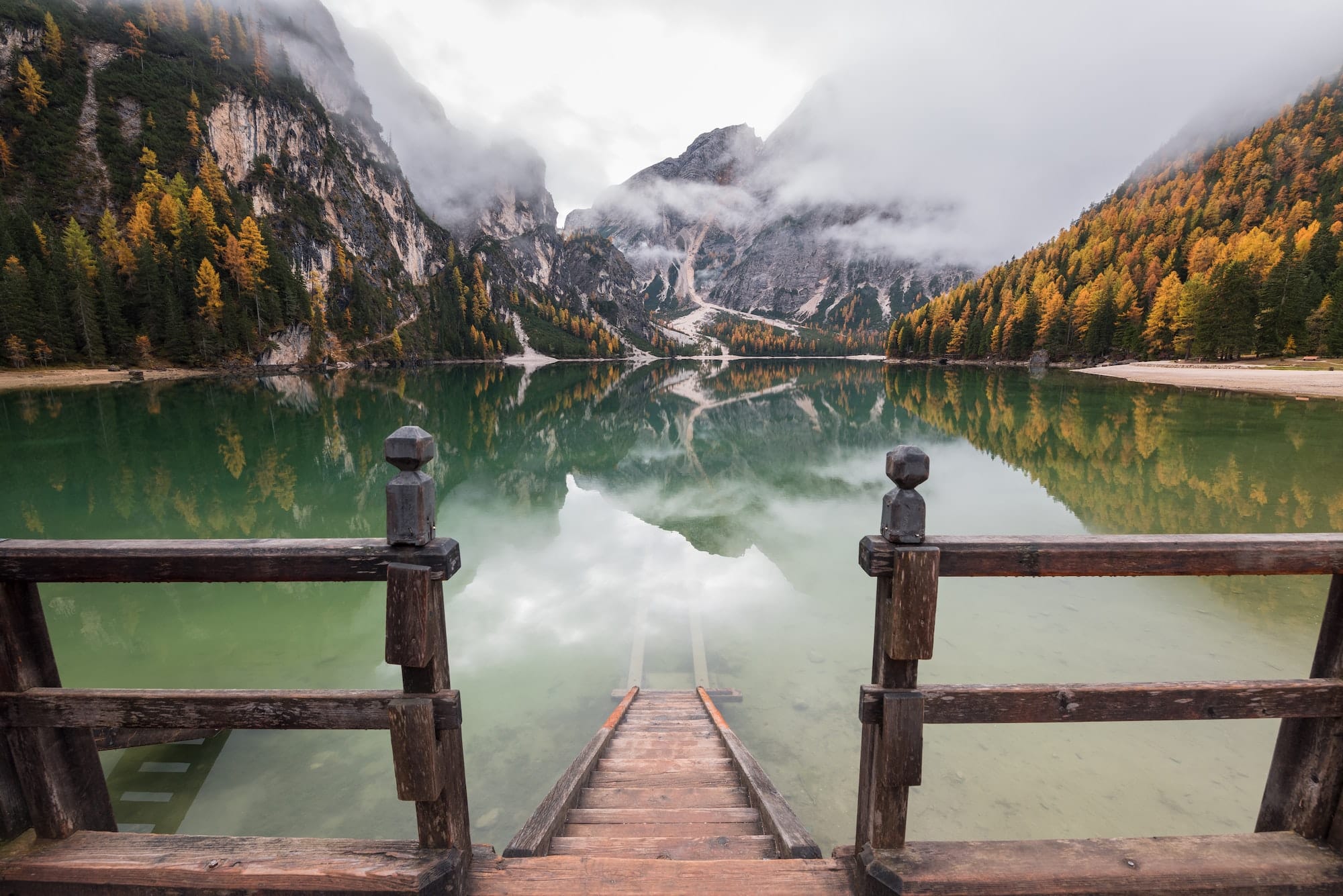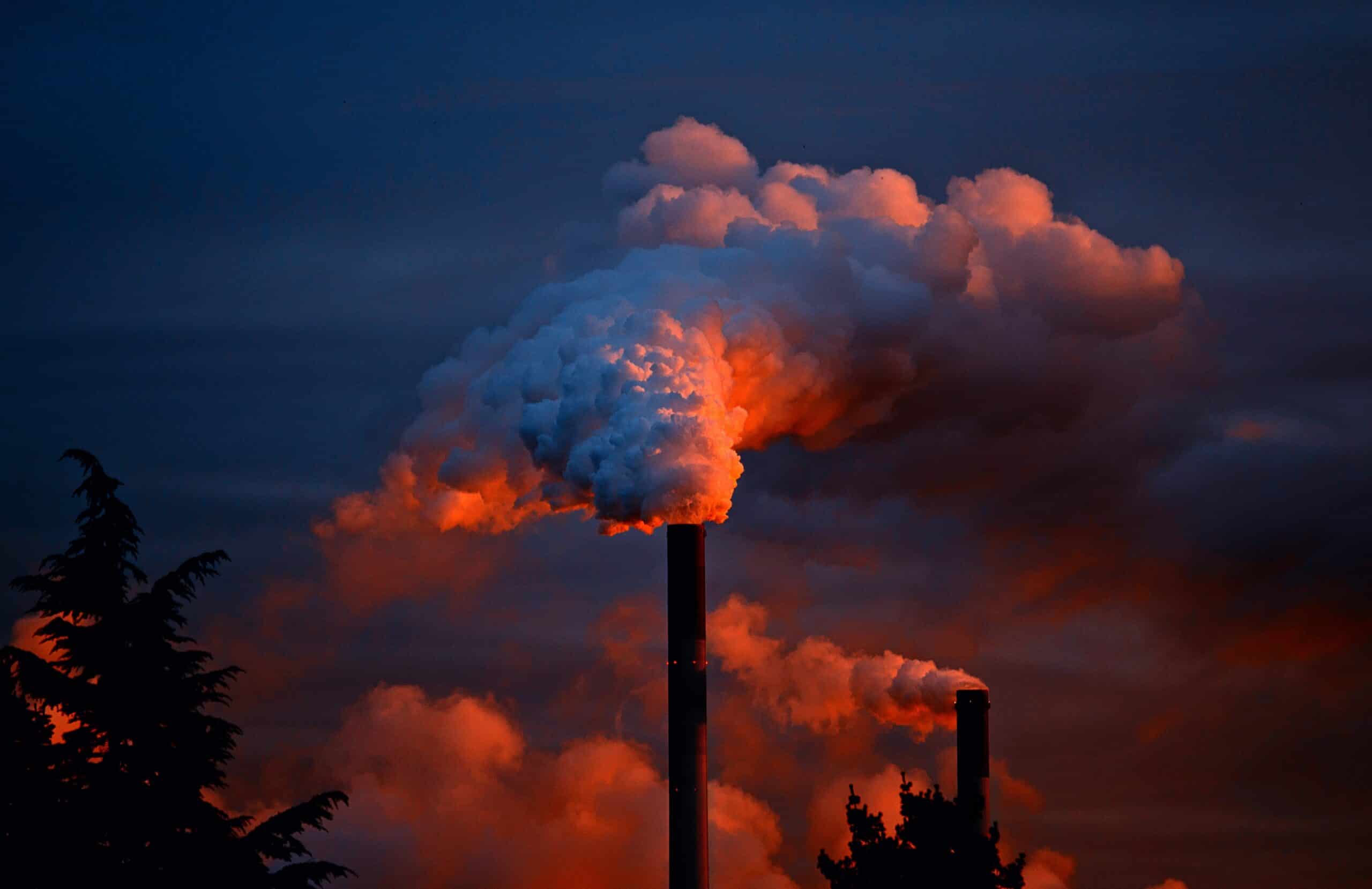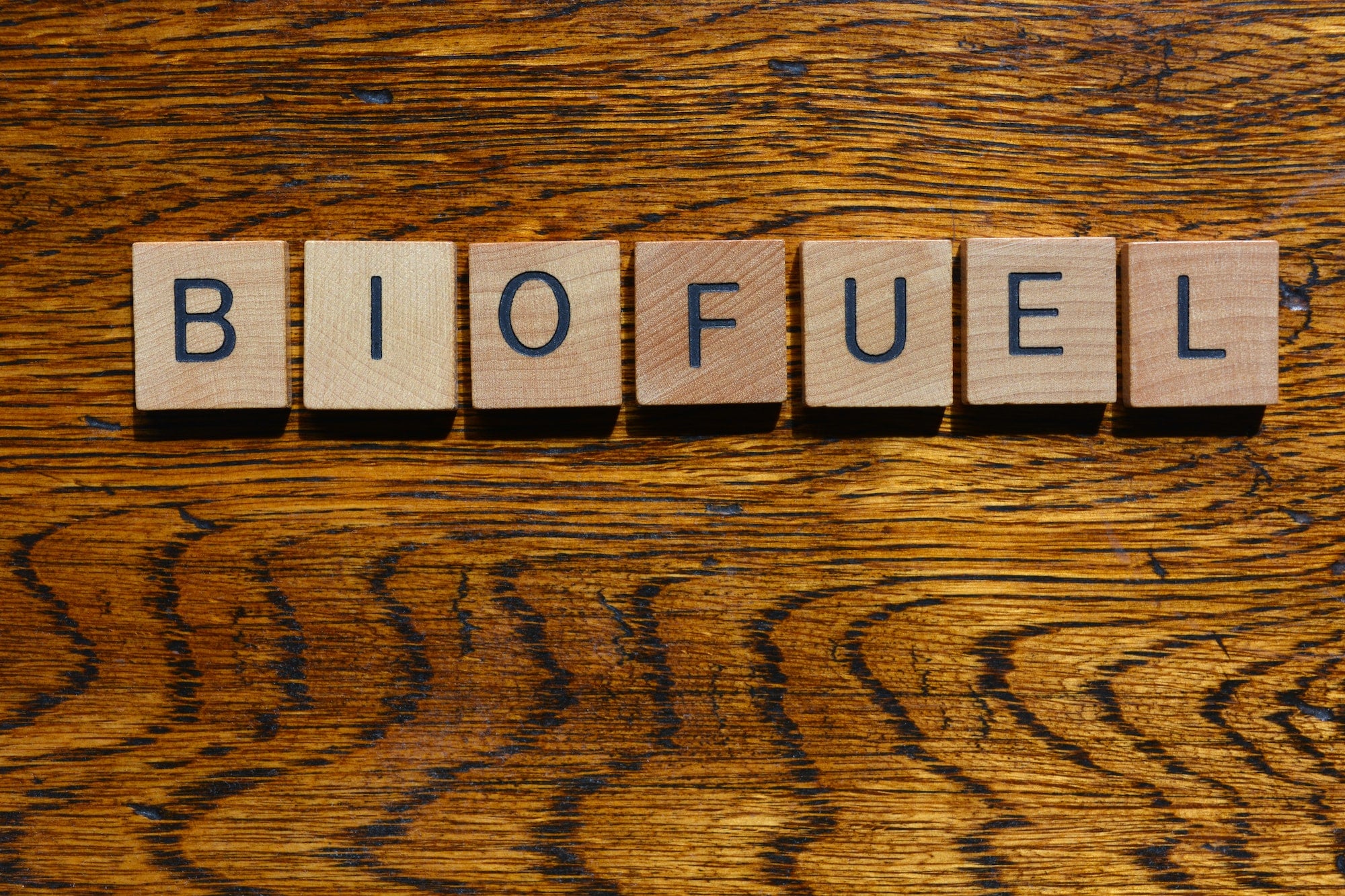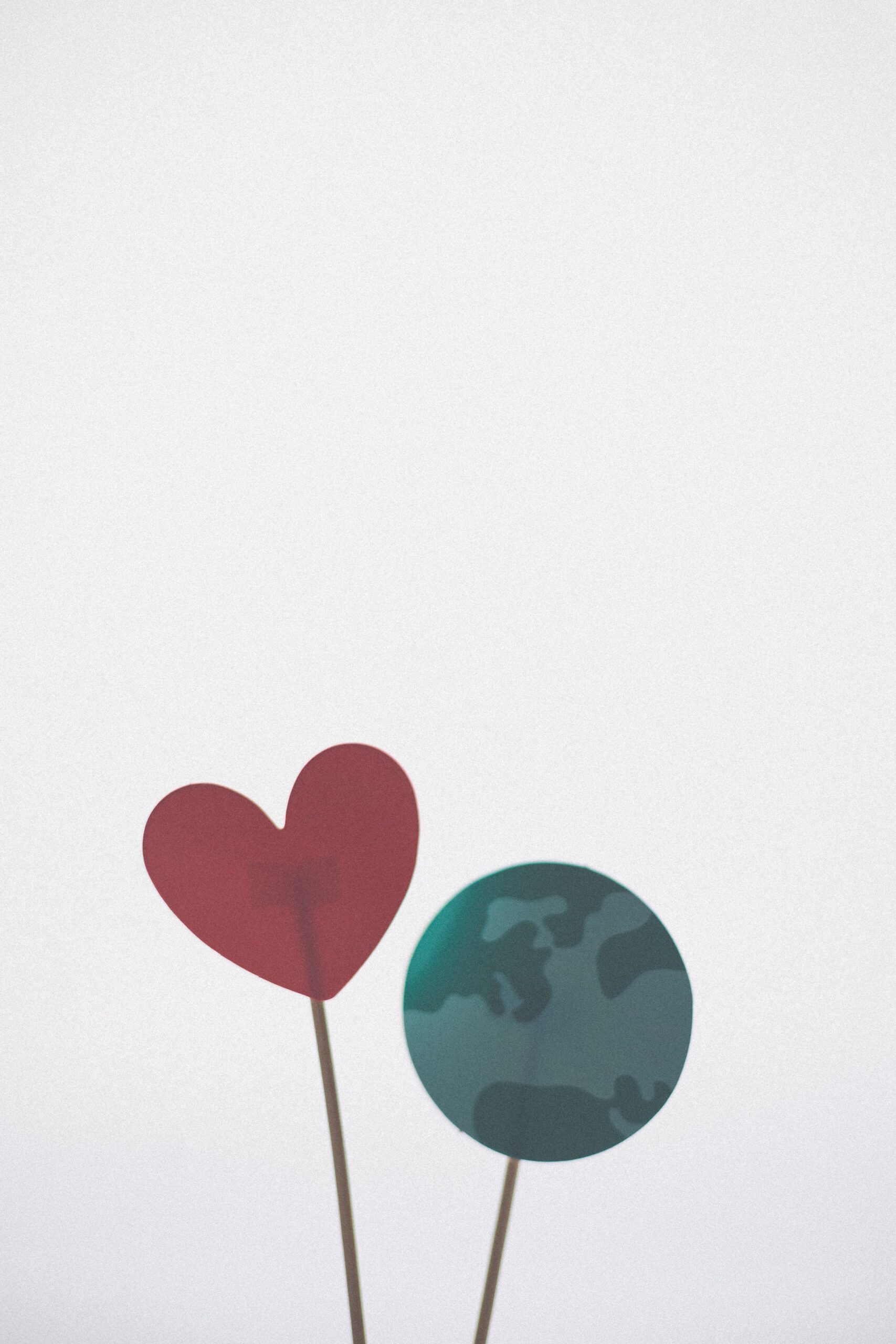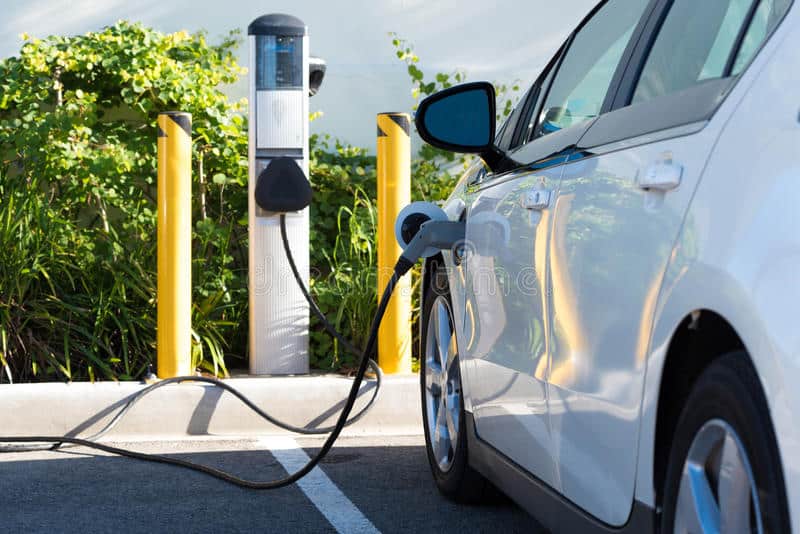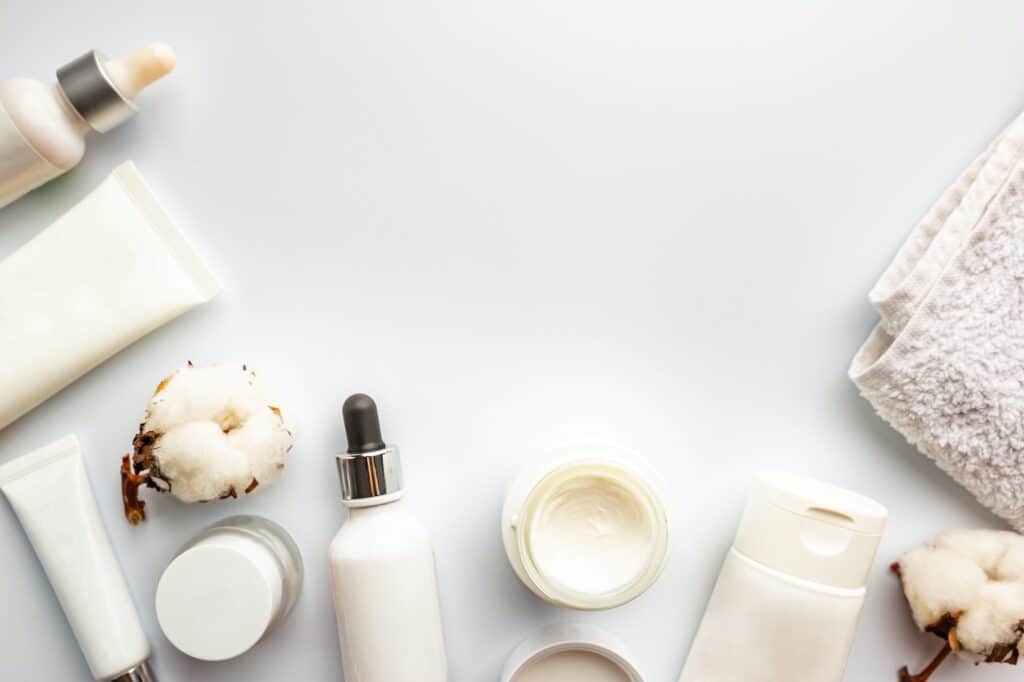
In recent years, the push for more transparency within the beauty and skincare industries has grown, from social consciousness and making sure that brands are putting their money where their mouth is, to accurately listing the components of their products and how the ingredients are sourced. One of the things that have been elevated is the idea of “clean” skincare and makeup. According to brands, clean beauty items are better for the environment, as well as the consumer. Many of these items contain more, or only, all-natural ingredients, making sure to identify what “toxins” or industry-standard ingredients they are replacing. In theory, clean makeup and skincare are perfect, benefiting the people and the earth, and showing companies that slack on safety that the consumer really does care what’s in their products.
The US FDA allows over 10 different chemicals in skincare and makeup products that are banned in many other countries for a myriad of reasons, a good number of them being known carcinogens and allergens. Replacing these ingredients would potentially mean lowering the number of cancer cases in the US, as well as other diseases and ailments.
Harmful Ingredients
Many mass-produced skincare and makeup products have been experimented with since the early 1900s, with makeup’s popularity growing exponentially in the 1920s. These products have come a very long way since then, and have gone through many different ingredient lists as a result. Makeup from the last few centuries would never be allowed to be sold commercially in the present, if at all. Lead, arsenic, mercury, and radium were all popular skincare and makeup ingredients in the past, with the lack of information available to the public on the dangers of these things, if there was any knowledge of it at all.
Currently, harmful chemicals such as formaldehyde and mercury are still allowed in many cosmetics in the US, as long as they are listed in small quantities. The most concerning part of this fact is that the skincare and makeup industries are largely in charge of self-regulation, so they can really say and do whatever may fit their agenda. For many of these companies, the agenda is the bottom line. This is where the rise of clean skincare came from – the public’s mistrust of massive corporations to self-regulate effectively, and put the people before their own wallets.
How Companies are Contributing to Greenwashing
Clean skincare is obviously much more beneficial for the consumer, but the same problem persists: every beauty and personal care company is allowed almost total control over how they market and advertise their products, with very little there to hold them accountable if – and when – they do spread misinformation.
Greenwashing is the official name for when companies claim that their products are “green” – environmentally friendly, ethically sourced, and clean. Because there is little to no accountability from outside sources, anyone can label anything “green” or “clean” and sell it, many times bumping up the retail price point because of the current societal belief that more environmentally friendly equals more expensive. Clothing brands like H&M and Uniqlo, as well as automotive companies such as Volkswagon, have been accused – and proven guilty – of greenwashing. These companies ran campaigns promoting how much more environmentally friendly their items were than their competitors (H&M-conscious denim, for example), but when the hard information was analyzed, it was proven that these ideas were only a marketing scheme.
This has been, and is, currently happening in the beauty community. Brands like L’Oreal, Lilly Lashes, and Bondi Sands have all been called out for their obvious greenwashing, where they use buzzwords like “reef-friendly” when really, they just mean that their product does not contain oxybenzone and octinoxate, but still contain ingredients that are harmful to natural reefs, such as avobenzone, homosalate, octisalate, and octocrylene.
Of course, situations like these cause the consumer to be much more skeptical of anything labeled “green”, as it has been proven time and time again that brands will market to whatever happens to be popular, whether the claims are true or not.
Brands and Retail Stores Putting in the Conscious Effort
While there are many cases of greenwashing in the US beauty, there is also an abundance of actually environmentally-friendly (and consumer-friendly) skincare and makeup options, and many are much more affordable than one might think. Brands like Well People, Pacifica, Juice Beauty, Burts Bees, and Versed can be found anywhere from Sephora to Target to CVS, and those are just a few of the brands that have been backed by major environmental organizations and non-profits. Pacifica, particularly, packages their items in majority-recycled plastic, glass, or aluminum, in order to cut down on the production of single-use plastics in circulation.
Many of these brands also include free recycling programs, where they send the buyer a label, and they mail their empty product containers back to be turned into new ones. Sometimes, they even offer discounts to those who choose to recycle directly through the brand, so that they may restock the product that they have used.
Big box stores like Target and Ulta Beauty, as well as prestige sellers like Sephora, actually offer specifications in their online shopping experience, as well as in-store, that highlight their certified clean products. On the Target app, the store even highlights what it is particularly that they appreciate about the product, such as vegan, cruelty-free, paraffin-free, or fair-trade certified ingredients. This is an excellent way to expedite the shopping experience for those that are looking specifically for more environmentally-friendly options.
The rise in popularity of clean skincare has obviously led to some complications, as to be expected in a capitalist society that consistently puts profit over the planet. Luckily, there are plenty of reputable companies and brands that are really putting in the work to help save the planet and the people on it.

